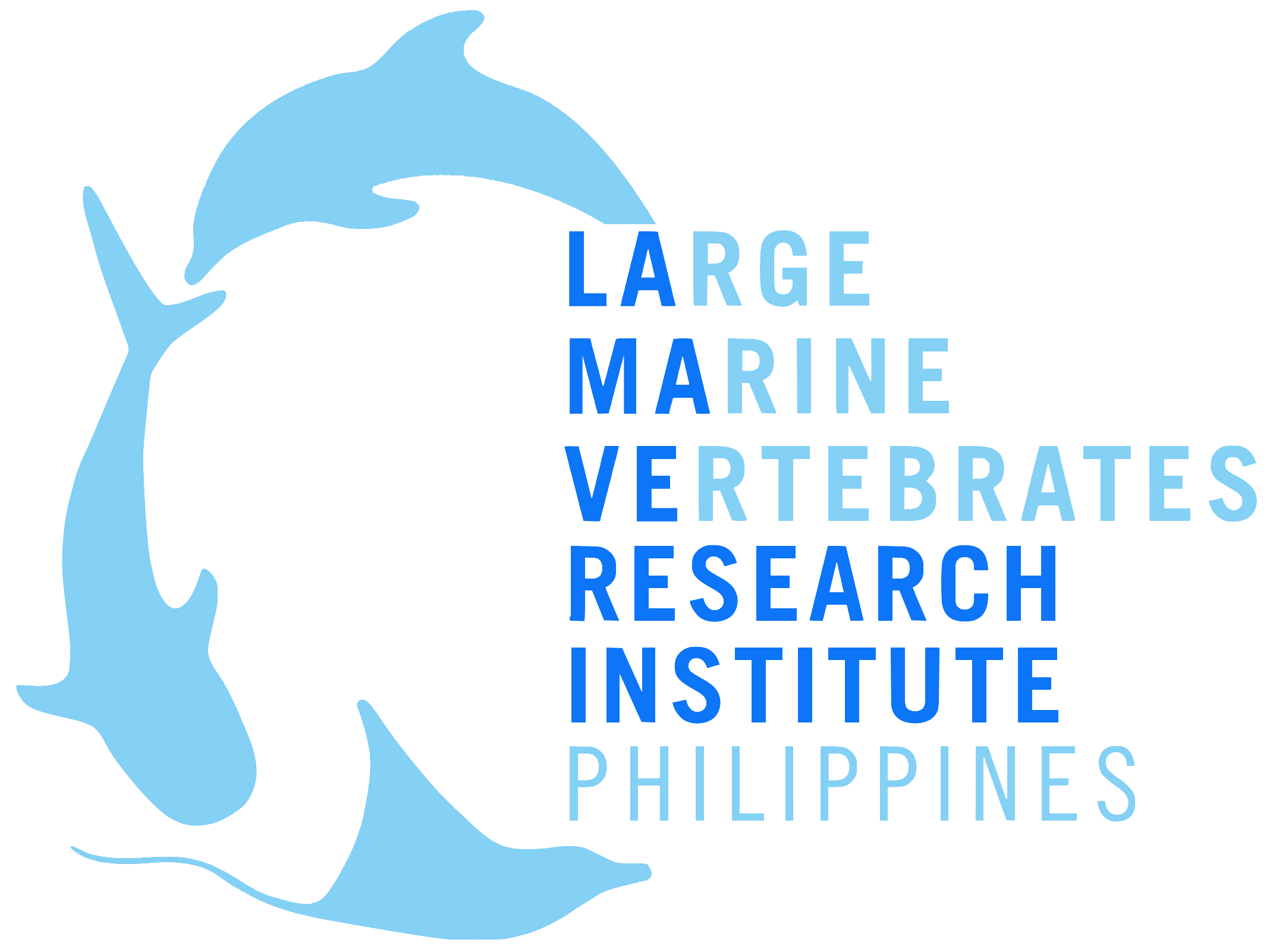Panaon Island Protected Seascape (PIPS) officially declared in the province of Southern Leyte
On August 29, 2025, one day before international Whale Shark Day (Aug 30) Republic Act No. 12238 was enacted into law officially declaring the Panaon Island Protected Seascape as a protected seascape under the Expanded National Integrated Protected Area System (E-NIPAS) Act.
Read More




















